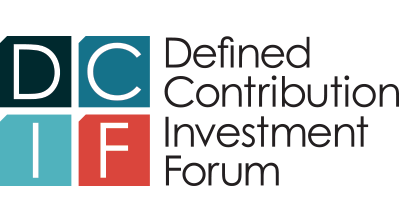
By Rebecca Fenton, Client Director at Baillie Gifford & Co
Active fund managers are fighting a long uphill battle. Average performance has persistently lagged benchmarks. Market domination by a few large tech companies and growing hunger for quick returns don’t help.
But not all active management is the same. Some seek to anticipate others’ behaviour and strike first. Others favour companies with lower valuations than competitors.
But actual long-term players start by imagining technical and industrial possibilities and track down companies best placed to benefit.
On average, investors with the lowest turnover and least regard for indices outperform in the long term. But it isn’t always easy to persuade investors, even those in pension schemes with long time-horizons, that the destination is worth the roller coaster journey.
Ultimately, returns come from productivity gains that raise everyone’s living standards. All else is a trading game.
It’s important to understand that very few companies create real-world wealth. These are the companies that drive growth rather than ride it. Public or private, they spend their capital on the technologies and business models that power progress.
These productivity gains don’t come from thin air. They result from thousands of management decisions: what to spend on R&D, whether to build a factory, how to attract and train the best, whether to launch products, how to reach customers.
In a system rife with misaligned interests, shareholders should oversee these activities. Not by interfering day-to-day but by understanding opportunities and challenges and encouraging firms to take long-term risks that build shareholder value.
The rise of low-touch, passive investing is driving engagement resources out of the system. Less is devoted to monitoring and influencing companies.
Hence the importance of ‘quality shareholders’: the ones with deep resources, long horizons and nuanced understanding. Investing alongside other non-passive players, they can make a real difference and perform better for pension scheme members in the long term. This couldn’t be further from today’s 24-hour market frenzy.
Many active managers can still claim to be quality shareholders, but it’s resource-intensive to build meaningful relationships with companies, visit them and do more than the AGM box-ticking that passes for ‘governance’.
Benefits from such activity accrue to all shareholders, giving a strong incentive to free-ride. Everyone wants a well-functioning system, few want to pay for it.
In private companies, investors ruthlessly focus on real-world progress: product development, IP and sales growth etc. This is creative destruction in action, as new products and methods replace outdated ones. This has been the proper focus of “productive growth” investing and discussion.
Why should it be different in public companies? The companies in our listed portfolios invested about $600bn in growth capex – including property, equipment and technology – and R&D in the past year. And that’s only a tiny fraction of all companies.
A dollar deployed for growth from cashflow is the same as one raised via primary capital from investors. Surely oversight – and where appropriate, encouragement – of this spending should be central to wealth creation.
In time, risk-aversion and lack of engagement deplete wealth creation. Passive and low-cost investors can track benchmarks, but at some point, pension scheme members will wonder where returns have gone. Far better that quality shareholders invest on their behalf.
